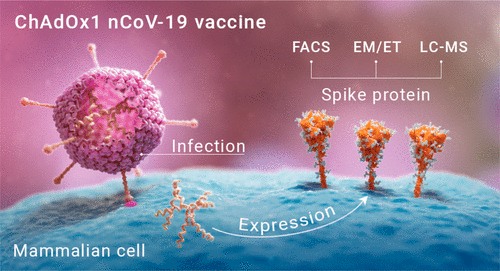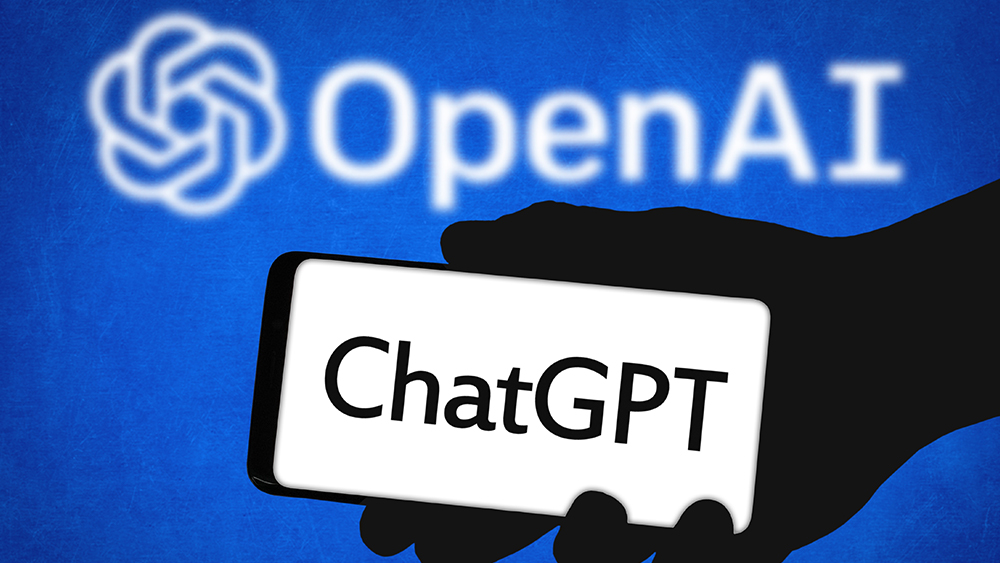In a world where even computer scientists are courted like international spies, it’s clear that academia has reached its own espionage level! With the CCP’s “feed, trap, and kill” strategy, you might think they’ve mistaken universities for secret agent training grounds. Remember, in the academic game of cat and mouse, it’s not the cheese they’re after; it’s your research. More on this below. Keep Reading.
In a shocking revelation, McGill University professor Benjamin Fung recently disclosed that he had been targeted by Chinese agents who attempted to lure him into serving as a pawn for the Communist Chinese Party (CCP). Fung’s testimony before the House of Commons Science Committee shed light on the CCP’s brazen recruitment tactics aimed at Canadian academics. This article delves into Fung’s ordeal and the sinister strategy employed by the CCP to infiltrate academic circles.
The CCP’s Covert Agenda
Benjamin Fung, a renowned Canadian computer scientist, found himself at the center of a covert recruitment attempt orchestrated by the CCP. During his testimony, Fung described the encounter with the agents as a blatant “recruitment strategy” tailored to exploit Canadian academics. He recounted how the agents approached him, offering a substantial six-figure bribe in exchange for his cooperation. When Fung inquired about their expectations, their response was chillingly simple: “You just need to reply to our emails.”
Fung, who holds the position of Chair for Canadian Research at McGill’s School of Information Studies, specializes in artificial intelligence, cybersecurity, and malware analysis. It was precisely his expertise in these domains that piqued the interest of CCP agents.
The Tempting Offer
According to Fung, his interactions with CCP-affiliated entities date back to 2018 when a Chinese company attempted to recruit him as a “consultant” for its “artificial intelligence team.” The offer was nothing short of astounding, as Fung revealed, “That company offers three times, yes, three times my salary to work for them as a consultant” while he was a professor at McGill. The identity of the company remains undisclosed.
Campus Intrusions
Conservative MP Corey Tochor probed Fung about the presence of agents or employees of Huawei on campus. Fung disclosed that a few years ago, such individuals were notably more “active” on campus. It is worth noting that Huawei Technologies faced a ban from Canada’s 5G networks in May 2022 due to national security concerns.
“Feed, Trap, and Kill” – CCP’s Recruitment Strategy
Fung characterized the CCP’s recruitment approach as “feed, trap, and kill.” Initially, they entice their targets with lucrative offers, drawing them in. Once a professor becomes reliant on their funding, the CCP gradually escalates their demands, including the transfer of intellectual property rights, access to sensitive data, or even requests to propagate false information. Fung stressed that this is a common tactic employed by the Chinese government in recruiting researchers.
Persistent Pursuit
Despite Benjamin Fung’s initial refusal, CCP agents continued to approach him at intervals of “one or two years” with alternative proposals for collaboration. Failing to secure his cooperation, the agents shifted their focus to his graduate students. Fortunately, none of Fung’s students succumbed to their enticements.
A Broader Concern
Fung’s unsettling experience is not isolated. Other Canadian academics, such as James Hinton, an associate professor at Western University, have voiced similar concerns. Hinton emphasized the urgency of mandating full disclosure regarding the interactions between Chinese companies and Canadian universities. He warned that partnerships with Chinese firms are merely the “tip of the iceberg,” suggesting that deeper entanglements exist.
National Security Implications
The potential interference of foreign agents in Canadian academia raises alarm bells, particularly in light of Prime Minister Justin Trudeau’s previous positive remarks about China’s “basic dictatorship.” The revelation that Huawei, a Chinese government-backed telecommunications giant, has partnered with over 20 of Canada’s leading research institutions, including McGill, underscores the gravity of the situation.
Conclusion
Benjamin Fung’s courageous testimony shines a spotlight on the insidious tactics employed by the CCP to infiltrate Canadian academia. The “feed, trap, and kill” strategy serves as a stark warning, and the need for vigilance and transparency in the face of foreign interference is paramount. As Canada grapples with the challenge of safeguarding its academic integrity and national security, the revelations made by Fung and others should serve as a clarion call for action.










